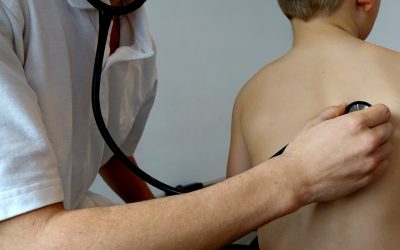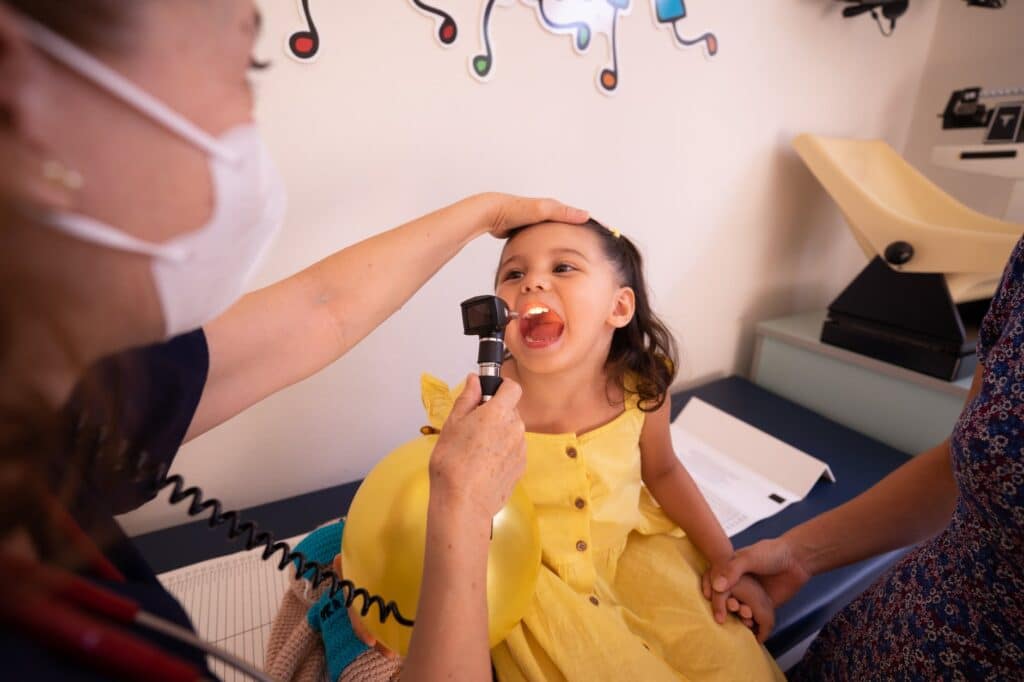A guide to understanding how Medicaid for foster care really works and how you can make it work better for you
Overview
Medicaid is basic health insurance. It is available to children in foster care and to former foster youth with few limitations.
Eligibility for former foster children is quite complicated. They may be eligible for Medicaid if they are under the age of 26, and were in foster care on their 18th birthday. In this posting we are going to focus on foster children under 18, saving the complex topic of what happens as children age out of foster care for a future posting.

Eligibility of Minor Foster Children for Medicaid Benefits
The answer on Medicaid eligibility for foster children is typically simple. Foster children are usually eligible. Unfortunately, simple answers can become very confusing due to government acronyms – often referred to as alphabet soup. Making matter worse are state and federal governments dabbling in healthcare and creating a morass of complex state and federal regulations. A good illustration comes out of these sentences from a government website:
“A child who is eligible for Title IV-E foster care is Medicaid eligible. The Medicaid coverage group of MCFE is authorized.”
To simplify this alphabet soup is hard, but this is our best effort.
Foster parents licensed in Florida are under Title V-E foster care (which is part of the laws over Social Security in the US). There is no need to get technical and understand any of Title V-E. Just understand that in Florida, licensed foster parents with a foster child placed with them should have Medicaid coverage for the foster child. Also know that this includes youth reaching age 18 who are in and exiting foster care (aging out). Children born to foster parents are likewise covered. These are among other topics that will be covered in other resources later.
As a practical matter, eligibility should have been determined before placement and as a foster parent you should know when the child is placed with you. Will everything be in place and approved? Possibly not, because often the system is overwhelmed by numbers and is unable to keep up with the rush of events.
Just know this – typically, foster children have Medicaid coverage, even though there are limits to that coverage. There are ways to work with the system to help matters, and that is next.
Medicaid and More
Medicaid is “basic health care.” The word “basic” is a word that obviously tells you that the coverage has limitations. On top of Medicaid, Florida has added “CHIP,” (Children’s Health Insurance Program). Medicaid and CHIP provide free or low-cost health coverage for foster children. Whether you can receive benefits, what benefits can be received and how to receive them can be found at a state website. If the Internet is not your thing, try:
850-300-4323
Florida Relay 711
or
TTY: 1-800-955-8771
FAX: 1-866-886-4342
Mailing Address:
ACCESS Central Mail Center
P.O. Box 1770
Ocala, FL 34478-1770
The Florida Department of Children and Families maintains a website where foster parents can learn if they qualify, create an account, and log in to their MyACCESS account. But understanding coverage is a challenge.
What coverage is available is also further confused by the fact that when a foster child is enrolled in Medicaid, the child also comes under a health plan that administers the coverage. Different plans have different benefits. There are variables that make choosing a plan or changing plans a challenge. They include:
- What services are likely needed?
- What hospital would I want to use? Will they take this plan for the foster child?
- What lab and imaging facilities are most convenient? Will they take this plan for the foster child?
- What kind of doctors will be needed? A pediatrician? A family practitioner? A specialist? Will they take this plan for the foster child?
- What doctors, hospitals, labs and pharmacies do I use? Will they take this plan for the foster child?
- What extra benefits will meet this child’s particular and unique needs?

There are many options and the plans vary in some of the benefits they offer. There is no easy “one size fits all.” The needs of each family and child vary depending upon the above bullet-pointed issues and more. This makes the choice of plan something that – quite frankly – requires study and expertise.
We are working on finding a resource to help you and will update this posting when we locate expert assistance that is available. We are working on finding someone with skill and knowledge who can help at no cost to you. At the present time, the linked chart (which may not be up to date) and many calls to different plans are the only way to make your best decision.
Another issue is that many providers will not accept new patients, especially ones covered by Medicaid. So, one step that is necessary before selecting a particular plan is to determine the availability of the needed care. Free medical care or medications are a lot less free if you have to drive a long way to get treatment or to get a prescription filled. Free medical care or medications are not free at all if they are not available when you need them.
And if that wasn’t enough, the plans and services can vary depending upon the county in which you live.
Making it even more difficult is the fact that plans can’t be changed just at any time. As with employer sponsored plans and Medicare, there are limited opportunities to change plans. There is an open enrollment period from November 15, 2021 until January 15, 2022 (the open enrollment dates may vary from year to year), and there are certain events that trigger an ability to change plans, events called “qualifying life events.” Those include:
- Adoption of a child or having a foster child placed in your home.
- A death in your household.
- Living outside your current health plan’s coverage area (e.g., if you moved to a new state).
- A prolonged illness that requires hospitalization.
- A temporary cognitive disability.
- Suffering from a natural disaster.
What Benefits Are There for Eligible Children?
Overall, Medicaid benefits are largely determined on a state-by-state basis, so any determination of available benefits is highly dependent upon the state of residence of the child. For purposes of the assistance of Hope for the Orphan and the benefits of The Idlewild Foundation, we are going to focus only on benefits available to Florida residents.
When a foster parent starts foster care over a child, many of the responsibilities to help fall upon an overworked Case Manager who is often overwhelmed with a heavy caseload and a complex and sometimes uncooperative system. Often there is a huge difference between what should happen and real life. If you cannot get answers, seek the help of your Guardian ad Litem if you have one. If not, the next best resource is an Eckerd Alternatives nurse. They really understand the system and opportunities and can help. They are:
Hillsborough County – Jessica Cangeme RN
Eckerd Connects Nurse Care Coordinator
Office: (813) 471-0747 x1204
Cell: (813) 853-1512
Pinellas/Pasco County – Jennifer Gyasi, RN
Nurse Care Coordinator Out of Home Care Department
ECKERD CONNECTS | Eckerd Community Alternatives- Pinellas/Pasco
8550 Ulmerton Road Suite 130
Largo, FL 33771
Cell: (727) 503-6910
Office: (727) 456-0647
If all other options fail, call us at Hope for the Orphan and we will try to help.
Permanent gold Medicaid cards are issued by the Department of Children and Families for each foster child who is eligible for Medicaid. Foster parents should enroll their foster child at the start of the placement. The health plan will also issue a card which should be kept with the gold Medicaid card. Foster children must also be enrolled in a dental program. These cards should be presented to medical providers when medical care is being requested. Click here for useful information about these cards.
Benefits will likely vary depending upon the plan. Click here for 2021 information about plans and benefits. This is incomplete, but it is the best guide we could find. Generally, the foster child will be eligible for:
- Medical care
- Possibly including certain behavioral health benefits
- Many vaccines are available without cost
- Various therapies including physical and speech therapy may be available
- Dental care (Click here for details on coverage under dental plans)
- Vision care
- Some plans offer swimming lessons at no cost
- Some plans offer homemaker assistance.
- For the most current listing of available medical services we could find, click here.
Conclusion
If you are dissatisfied with your current plan or benefits, you should check out alternatives. If you’re not comfortable on the Internet, don’t have consistent Internet access, or cannot understand the complexities of the system, you can also change your plan by calling your Medicaid office. Tell the operator that you want to change your Medicaid plan. Have your card information ready when you make the call. If they don’t help you enough, give us a call at Hope for the Orphan and we will go to work on it.
The system is confusing – at best. If you need further assistance, call us and we will help as much as we can.

